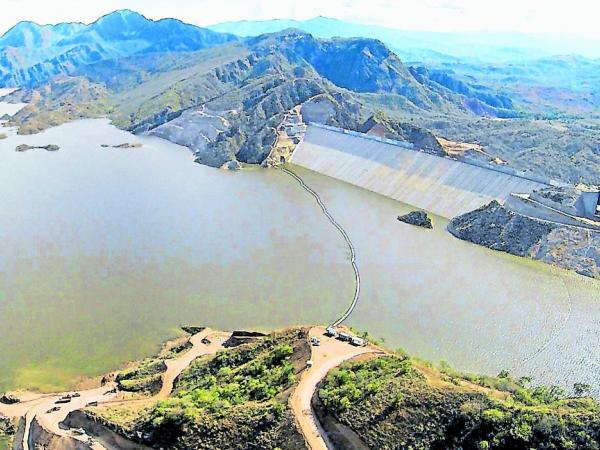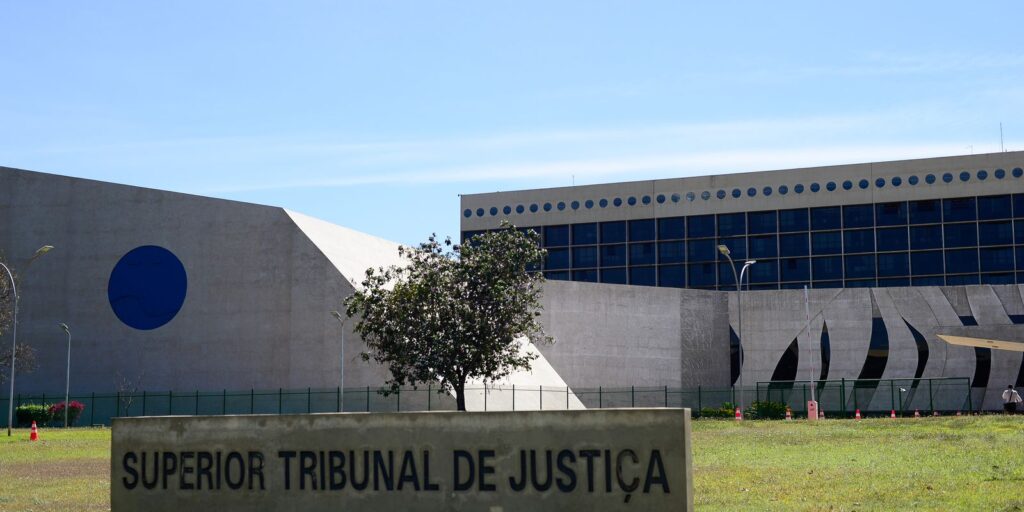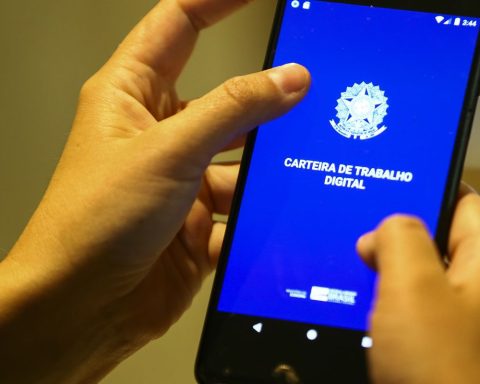The Electoral Qualifying Court (Tricel) rejected the claim of the civil societies that seek to participate in the electoral window of the next exit plebiscite for a New Constitution, scheduled for next September 4, with more time than established by the National Council of Television (CNTV).
Let’s remember that the CNTV published in the Official Gazette its Exempt Resolution No. 479 where it “Executes Agreement on the Regulation of the Television Band of the Exit Constitutional Plebiscite”. In said resolution, it is established that the political parties and commandos must cede at least one third of the time assigned to them in each of the options -Approval or Rejection- to the civil society organizations that they accredit before the CNTV. This time sought to be reversed by civil societies, specifically, by the Fundación Defensoría Popular de las Comunidades -represented by the lawyer Javier Pineda- through a claim, with which it sought that the time be distributed as follows: 43 .5% for political parties, 43.5% for civil society organizations and 13.0% given to communities or associations of indigenous peoples.
It may interest you:
However, the Tricel, in a ruling published this Thursday, rejected this claim. It was a divided vote, 3 to 2, with votes in favor of rejecting the claim of the ministers Juan Eduardo Fuentes -who presided-, Jorge Dahm and Jaime Gazmuri; and with votes in favor of the claim of Ricardo Blanco and Adelita Ravanales.
Among the arguments delivered by the Tricel, there are three that come to ratify what was expressed by the CNTV advisers, who agreed on June 23 the distribution of times in the electoral window for the exit plebiscite of the new Constitution. The winning proposal obtained 10 votes in favor, while what was proposed by the President of the Council, Faride Zerán, had a support, issued by her.
“In the species, the challenged Resolution fully complies with respecting the strict equality between the plebiscite options and, regarding the formula for the distribution of time within each hijuela, the Council has acted in accordance with the discretion that the Constitution has given it. Policy of the Republic”, they indicate.
“That the requested Resolution, by granting the political parties 60% of the time to use it in the electoral window of the next plebiscite, has recognized them, under national legislation, the right to lead and direct the public debate, represent ideas , values and similar principles of its militants, contribute to the functioning of the democratic system and at the service of the national interest”, they add.
“Consequently, given the limited time that must be distributed among the multiple actors that will carry out propaganda in the electoral strip for the plebiscite options and the greater call that the legislator has deposited in the political parties, it is appropriate to reject the filed claim,” they close their arguments. .
In other words, with this ruling, everything remains as it is for the strip: 60% of the strip to the political parties, 27% to civil society and 13% to the original peoples.


















